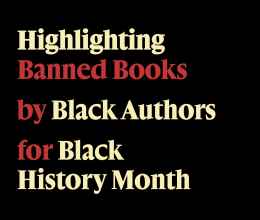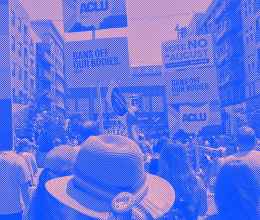For many Clevelanders, the Republican National Convention will be the first time they witness a major political event of this kind. The last time Cleveland hosted the RNC was in June 1936. The RNC will also be an outstanding opportunity for residents to join one of the greatest cornerstones of the American democratic process, watching the presumed Republican nominee, Donald Trump, become one of the nation’s presidential candidates. This event is not only great for the city of Cleveland, which has received negative press over policing tactics, poor living standards, public education, and crumbling infrastructure, but it signifies a resurgence about what is so great about our city. Notwithstanding the return of one of Cleveland’s greatest athletes, and the first major sports championship win in the last 52 years, the RNC places Cleveland on the center stage for change, promise and hope.
A History of Dissent
The 1936 convention took place during a time when the city was racially and ethnically divided and grossly unequal along economic and social lines. Although, in the 1930s, the city was thriving and booming with industry and production, and growing faster than any other major metropolitan area in the country, voices of political dissent were sharply discouraged by the elite and politically powerful.
Among these dissenters were unions, socialists, civil rights activists and others. They often faced arrest and imprisonment. Despite the guarantees of the First Amendment, courts, prosecutors and judges largely ignored the right of individuals to congregate and protest, or freely express their views and opinions. Just as “free speech” was sharply condemned then, and later during the McCarthy era, the same is happening now.
If political dissenters weren’t outright ostracized for their ideas, they were thrown away in prison and locked away tightly behind jail doors that sealed their lips and ideas. How is today different? It isn’t.
America is not only founded on greatness because of the establishment of the Constitution, but because of the diversity of thought and expression within our country.
Still, many Americans are fearful of socialism and egalitarianism, supposed protest groups who incite riots and disruption, and anti-demagoguery ideas that use reason over impassioned speech. Today, we are easily organized around hate for our neighbors, individuals who on their face may appear different from us but share the same human make-up, body parts, and blood. There is nothing genetically that predetermines one “group” of people to be superior to another in any category of the human existence. It is only our socially developed constructs that allow us to so blatantly and openly discriminate against others, particularly when their ideas and views are different from our own. When we see supposed differences, both theoretically and physically, our first reaction has been to silence our opponents.
Silencing Speech is not the American Way
Many pundits have unfairly characterized individuals who have a right to gather collectively and share their ideology. They aren’t outsiders inciting violence but Americans exercising their right to speech and sharing their political ideology. This precious right is not only protected by our First Amendment, but has been bled over for generations. If we denigrate this right, as we have so easily done in the past, we are casting aside one of our most fundamental values. Silencing speech is not the American way.
Anyone attending the Convention can hope for the great opportunity to equally express their views, ideas and beliefs – all things guaranteed by the First Amendment. What makes the First Amendment so great is that it allows anyone, regardless of their viewpoints, equal access to the nation’s marketplace of ideas. America is not only founded on greatness because of the establishment of the Constitution, but because of the diversity of thought and expression within our country. Silencing that expression is only the first of many attempts to kill our American dream.






